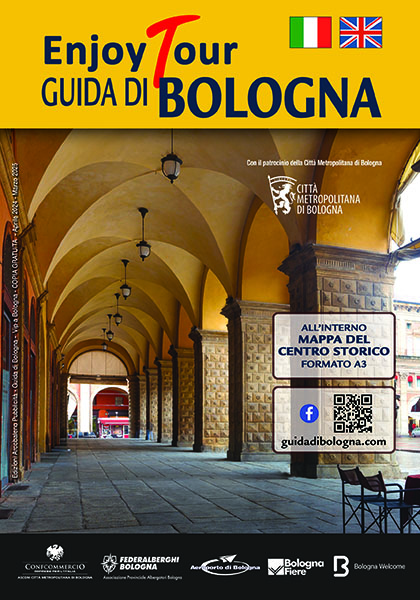5 March 1942, Pier Paolo Pasolini, poet, screenwriter, actor, director and playwright, was born in an almost blossoming Bologna. 100 years after his birth, the city pays tribute to him with an exhibition dedicated to his intellectual training and literary beginnings, which took place in Bologna between the end of the 1930s and the early 1940s.
Pasolini can be considered one of the greatest and most significant contemporary Italian authors, as he wrote and directed authentic life works, with themes that caused a stir and inflamed society in the late 1960s. Raising public awareness, informing, keeping abreast of changing customs, recounting the lives of young boys, were the basis of his human and literary work.
The exhibition opens to the public particularly rare documents, such as the magazine 'Il Setaccio', published in Bologna between November 1942 and May 1943, of which Pasolini was one of the founders and among the main editors, publishing moral reflections, literary essays, art criticism, poems in Italian and Friulian. Moreover, the Archiginnasio Library owns all the issues, which can be browsed online.
At the centre of the exhibition is Pasolini's first published piece of writing, his true literary debut. It is an article on contemporary poetry, which appeared in April 1942 in Gioventù italiana del Littorio, a bulletin of the Bologna Federal Command which, until its rediscovery in 2015, was not mentioned in any study or bibliography.
The documents that will be presented are mostly from the collection of the Archiginnasio, but also from the University Library of Bologna, the Pier Paolo Pasolini Archive Study Centre of the Cineteca di Bologna, the Historical Archive of the University of Bologna, the Cantonal Library of Lugano and the Liceo Ginnasio Luigi Galvani.
The exhibition will be open from 15 February to 19 March 2022.

